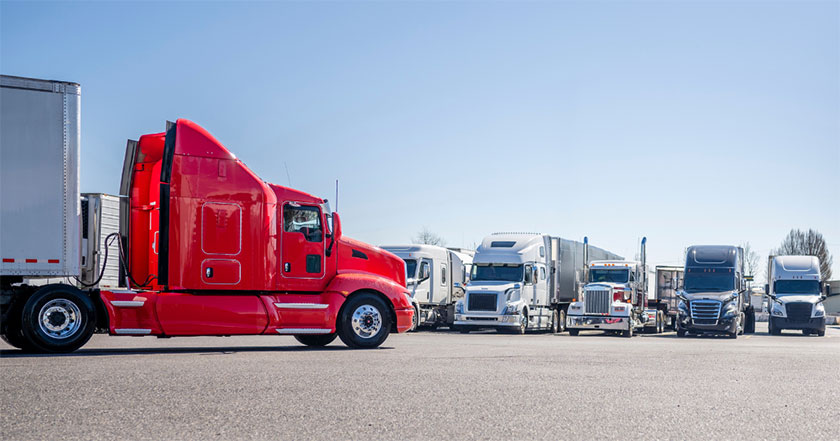

By Steve Binkley,
Safety Consultant
I often travel on interstates and highways noticing semi-trailers not connected to a truck. They can be everywhere: truck stops, parking lots, shopping centers, distribution centers, city streets, rural settings. Many times, I have wondered what keeps the trailer and its cargo from being stolen. My guess is I’m not the only one having these thoughts. Cargo theft is an ever increasing and expensive cost to the United States supply chan.
Cargo thefts were the most common in California, Texas, Florida, and Illinois, but happen in every state. An estimated $223 million in cargo was stolen in 2022 according to Verisk Cargonet with the average value per event being $214,000. Cargonet statistics indicate for the first two quarters of 2023 there were cargo theft increases of 30 and 50 percent compared to the same quarters in 2022.
Household items such as furniture and appliances are the most stolen commodity usually during a long haul or final mile delivery. Most thefts occur at truck stops, parking lots, commercial buildings, and unsecured yards and most often Friday through Sunday and holidays.
Organized crime is directly involved in cargo theft by manipulating records, bribing management or line personnel, following tractor trailers, identifying trends in motor carrier’s operations, monitoring ports, truck stops and distribution centers or simply by using force. Not only does such widespread organized cargo theft result in lost industrial and retail revenue, but it also leads to higher consumer prices, skyrocketing insurance premiums, a diminution of the tax base, and in some cases, corporate bankruptcy. While organized crime may play a direct and visible part in cargo thefts, their role may also take indirect forms and may be facilitated by the very nature of the stolen merchandise.
Cargo theft is also the work of street level criminals who are looking to make a quick dollar by using some of the same strategies as well-organized theft rings.
Preventing cargo theft requires motor carriers to evaluate their own policies and procedures looking for weaknesses or gaps in management or operational controls. Below are tips to consider using to prevent cargo theft.
It is also a clever idea to try and breach your own policies and procedures and see if there is a weak link. Consistently train and educate employees and work with local, state, and federal law enforcement agencies. Report any thefts and join cargo theft prevention organizations so information, trends, and best business practices can be shared with other stakeholders. We can all take initiative in preventing cargo theft.









